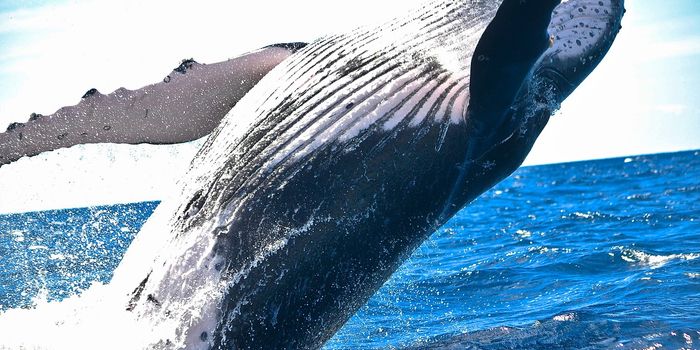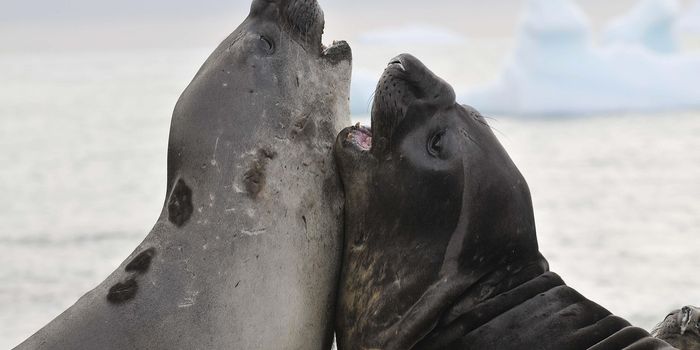The Great Barrier Reef is Bleaching Again
Australia's Great Barrier Reef is going through another bleaching event; it's third in five years. The ARC Centre of Excellence for Coral Reef Studies at James Cook University reports that this bleaching event is severe and more widespread than previous events.
Corals "bleach" when stressful environmental conditions cause their symbiotic algae, called zooxanthellae, to purge from the corals' tissues. Without these algae, the corals struggle to survive and in many cases, a colorless skeleton is all that remains.
In the case of the Great Barrier Reef, temperature spikes during hot summers trigger bleaching. According to the ARC Centre, 1998 was when the first recorded mass bleaching event occurred, timed with what was then the hottest year on record. Since 1998, four additional mass bleaching events have occurred along with record high temperatures in 2002, 2016, and 2017. As stated in the video, Australia's record-breaking summer heat led to the most elevated sea surface temperatures ever recorded along the reef during this past February.
Professor Terry Hughes is the director of the ARC Centre. According to a news release from the ARC Centre, his team conducted aerial surveys of more than 1,000 reefs throughout the Barrier Reef region during the last two weeks of March. As he told ARC Center reporters, "For the first time, severe bleaching has struck all three regions of the Great Barrier Reef—the northern, central, and now large parts of the southern sectors."
The surveys had to be conducted quickly since the country was beginning to experience coronavirus shutdowns. The team surveyed the reef during 11 flights over nine days. Underwater surveys were also taken to verify the aerial data. The surveys observed, for the first time, "red reefs," in which more than 60% of corals have bleached. As Hughes and colleague Professor Morgan Pratchett (James Cook University) discussed in The Conversation, 25% of the reefs surveyed were these red reefs. Additionally, 35% of reefs had "modest levels of bleaching."
Bleaching does not necessarily equate to coral death, as Professor Pratchett conveys in the ARC Centre news release. "A pale or lightly bleached coral typically regains its color within a few weeks or months and survives." In this event, however, Professor Hughes expects a high level of mortality based on the extent of bleaching observed during this event.
Professor Hughes states that bleaching events will continue to occur more frequently, and the only way to prevent them is to reduce greenhouse gas emissions to net-zero. In The Conversation, Hughes and Pratchett conclude, "without urgent action to achieve this outcome, it's clear our coral reefs will not survive business-as-usual emissions."
Sources: ARC Centre, The Conversation









